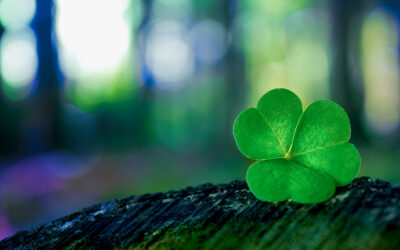The Cornish language (Kernewek) is a Celtic language native to Cornwall, a region in the southwest of England. It’s part of the Brythonic branch of the Celtic language family, which also includes Welsh and Breton. Cornish was widely spoken in Cornwall during the Middle Ages, but by the 18th century, the language had nearly gone extinct due to political and cultural pressures, particularly from the dominance of English.
Despite this decline, Cornish never completely disappeared, and a revival movement began in the late 19th and early 20th centuries. Efforts to resurrect the language included collecting old texts, studying surviving phrases, and creating modern learning materials. Today, Cornish is recognized as a minority language and has received protected status under the European Charter for Regional or Minority Languages.
Cornish shares many linguistic similarities with Welsh and Breton, making it more accessible to speakers of those languages.
- “My a vynn kavos metheven” translates to “I want to find the sun.”
- “Fatla genes?” is the Cornish way to say “How are you?”
- “Gorthugher da” means “Good evening.”
Today, Cornish is used in everything from place names to modern music. One popular example is that the Cornish phrase “Kernow bys vyken” means “Cornwall forever,” a popular slogan among locals. Even public signage in Cornwall includes Cornish translations, such as “Truro” appearing as “Truru” and “Penzance” as “Pennsans.”
Around 500-600 people are now fluent in Cornish, and it’s increasingly being taught in schools and used in everyday life. Some parents are even raising their children as native Cornish speakers, ensuring the language’s future survival.
Today, Cornish is considered a success story in language revival, showing how dedicated efforts can breathe life back into a nearly forgotten language, preserving the cultural heritage of Cornwall for future generations.
Related Articles
The Science of Rainbows—Nature’s Prism
Rainbows are one of nature’s most mesmerizing sights, but they’re not actual objects—they’re illusions created by light refraction. When sunlight passes through raindrops, it bends, splits, and...
The Origins of the Tooth Fairy—A Magical Tradition
The Tooth Fairy is a beloved childhood figure, but her origins are more complex than you might expect. The tradition dates back to medieval Europe, where parents buried children’s lost teeth to...
The Origins of the Shamrock—A Symbol of Ireland
With St. Patrick’s Day approaching, the shamrock is everywhere! But how did this simple three-leaf clover become a symbol of Ireland and luck? According to legend, St. Patrick used the shamrock in...





